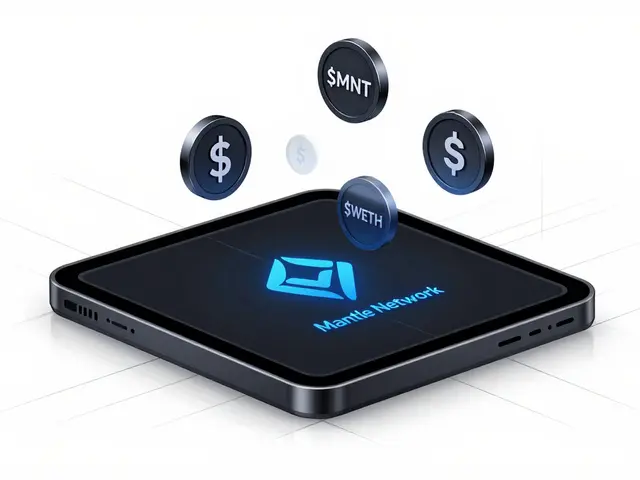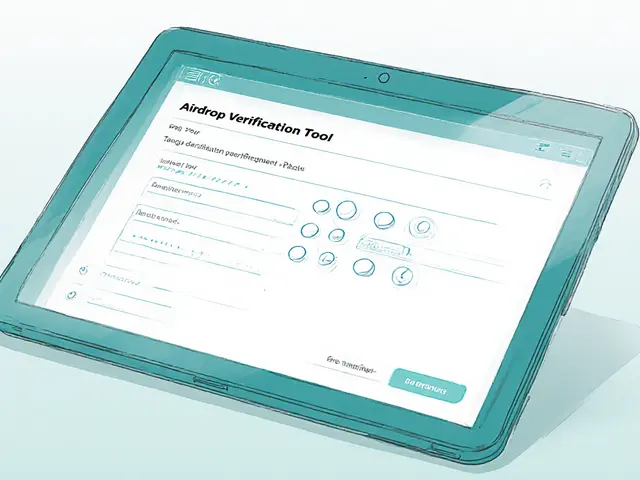Crypto Asset Licensing: What You Need to Know
When working with crypto asset licensing, the formal permission a digital‑asset company must secure from a financial regulator to offer services legally. Also known as crypto licensing, it sets the rules for everything from token sales to exchange operations. A VASP license, the authorization for a Virtual Asset Service Provider to conduct activities like trading, custody, or payment processing is one of the most common forms, especially in jurisdictions that follow FATF guidance. In the Gulf, the UAE VARA licensing, the framework managed by the Virtual Assets Regulatory Authority for granting crypto‑business permits adds an extra layer of oversight that many firms now consider essential.
Why does licensing matter? First, it builds trust with users and investors who see a regulator’s stamp of approval as a safety net. Second, it shields your company from costly legal penalties that can arise when you operate in a gray area. Third, a solid license often unlocks banking relationships, easier fiat on‑ramps, and access to institutional liquidity. Across the globe, regulators are tightening up – Norway’s mining ban, Korea’s exchange reviews, and Nigeria’s fast‑track VASP program all show that a license is no longer optional if you want to grow.
Key Elements of a Successful License
Every licensing regime shares a handful of core requirements. Crypto asset licensing typically asks for detailed AML/KYC policies, proof of capital reserves, and a clear governance structure. You’ll need to submit a business plan that outlines your tokenomics, risk management, and how you’ll safeguard customer funds. Most authorities also demand regular reporting – think monthly transaction summaries, audit trails, and updates on any security incidents.
In the UAE, VARA adds a market‑conduct component: firms must demonstrate real‑time monitoring of suspicious activity and maintain a dedicated compliance officer. Nigeria’s VASP fast‑track (ARIP) focuses on rapid verification of identity documents and a sandbox environment for testing DeFi products. Meanwhile, the EU’s MiCA framework, though still rolling out, will require firms to hold a minimum capital buffer and undergo a third‑party audit every two years.
Getting the paperwork right is half the battle. Start by creating a compliance checklist that maps each regulator’s asks to your internal policies. Use a template for AML/KYC that can be swapped out for different jurisdictions – this saves time when you expand from the UAE to Nigeria or vice versa. Don’t overlook the technology side: blockchain analytics tools like Chainalysis or CipherTrace can automate transaction monitoring and produce the reports regulators love.
Once you’ve gathered the documents, the submission process varies. Some countries, like the UAE, use an online portal where you upload PDFs and track status in real time. Others, like Nigeria, still rely on email and in‑person interviews. Expect a back‑and‑forth with the regulator – they’ll ask for clarifications on token utility, funding sources, and even the backgrounds of your founders.
After approval, the work doesn’t stop. Ongoing compliance is a continuous loop: update your AML procedures when new sanction lists emerge, renew insurance for custodial assets, and keep your tokenomics transparent to avoid accusations of market manipulation. Many firms set up a quarterly internal audit that mirrors the regulator’s review schedule, catching issues before they become official findings.
Real‑world case studies illustrate the payoff. The UAE’s VARA‑licensed crypto exchange recently announced a partnership with a major regional bank, citing the license as a prerequisite for the tie‑up. In Nigeria, a VASP‑licensed DeFi platform secured a $5 million venture round after investors verified its compliance certificates. Both stories show that a well‑managed license can open doors that remain shut for unlicensed competitors.
For startups weighing whether to pursue a license now or later, ask yourself three questions: Do you need fiat on‑ramps? Are you targeting institutional clients? Will you operate in multiple jurisdictions? A “yes” to any of these strongly suggests you should start the licensing journey sooner rather than later.
Below you’ll find a curated collection of articles that walk through the licensing steps for the UAE, Nigeria, and other key markets, compare different regulatory approaches, and share practical tips from businesses that have already secured their crypto asset licenses.
Bappebti Crypto Oversight & Licensing: What You Need to Know
Learn how Bappebti regulated crypto assets, the licensing steps it required, and what changed when oversight moved to OJK in 2025.
View More




